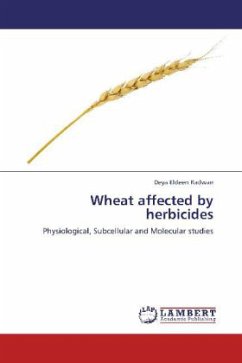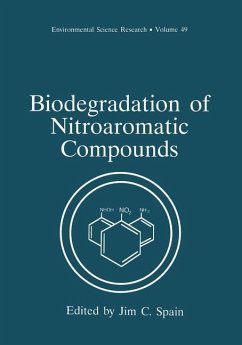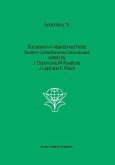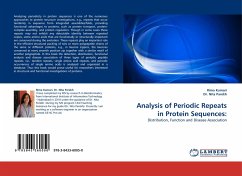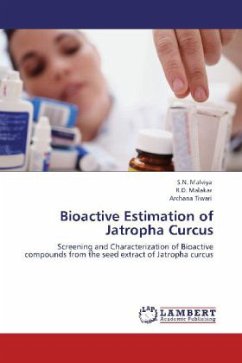Nowadays, herbicides are considered an essential part of the current agricultural production technology. Herbicidal chemicals have been selected for their weed-killing characteristics as well as for their effects on crops. The physiological effects of the herbicides on plants are dependent on the herbicides used, tissue type, herbicide concentration and the treatment duration. In this work, treatment of wheat cultivars with various doses of either diuron, MCPA or grasp herbicides show several effects on growth, biochemical parameters, cell organelles and protein polypeptides. Different doses those herbicides were tested and the physiological, ultrastructural and molecular alterations of wheat plants were detected.
Bitte wählen Sie Ihr Anliegen aus.
Rechnungen
Retourenschein anfordern
Bestellstatus
Storno

